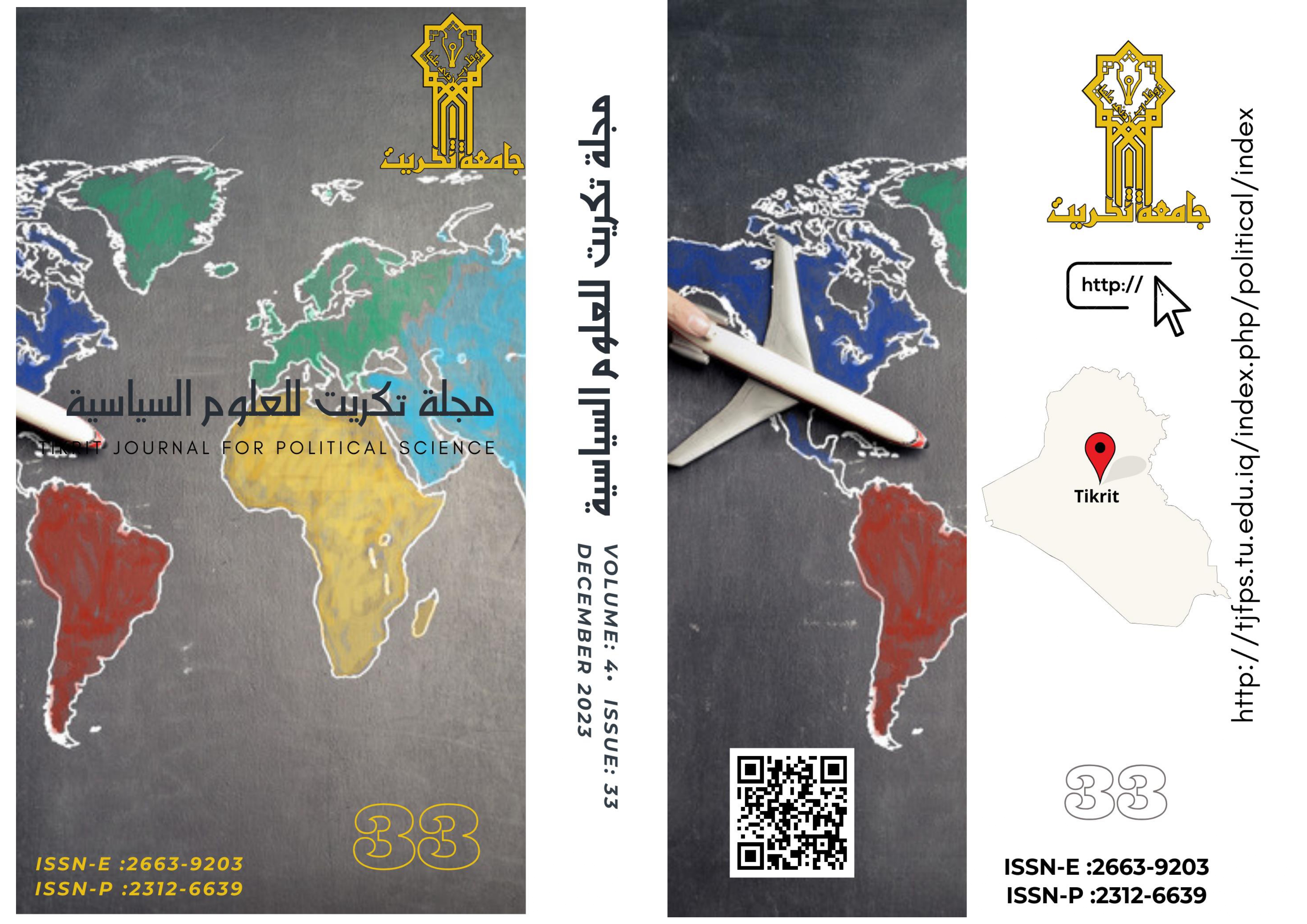The Type of Gains and Their Impact on International Cooperative Interactions: Case Study
DOI:
https://doi.org/10.25130/tjfps.v4i33.221Abstract
In this research, the impact of the type of gains on international cooperative interactions, especially in the face of climate challenges, was explored. It was found that relative gains play a crucial role in guiding a state's behavior regarding international environmental agreements. This analysis reflects important lessons for shaping policies and international efforts in the same field.
When states expect relative gains that outweigh the expected losses from cooperation, they are more inclined to commit to agreements and engage positively with international partners (New Realism). In contrast, when expected losses exceed gains, international cooperation becomes less likely and can lead to avoiding commitments or even withdrawal. This is evident in the case study of the United States' withdrawal from the Kyoto Protocol and the Paris Agreement.
On the other hand, the New Liberalism emphasizes the importance of addressing issues of cheating and non-compliance as a means to enhance cooperation among states through the exchange of data and information, rather than focusing on the type of gains. These efforts can positively impact collective efforts, mutual understanding, and optimal outcomes.
This theoretical discussion contributes to understanding the motivations and behavior of states in international relations. New Realism focuses on relative power and its role in promoting national interests, guiding state behavior. Conversely, New Liberalism highlights the positive dimensions of international cooperation, common values, and ethics in shaping state behavior.





